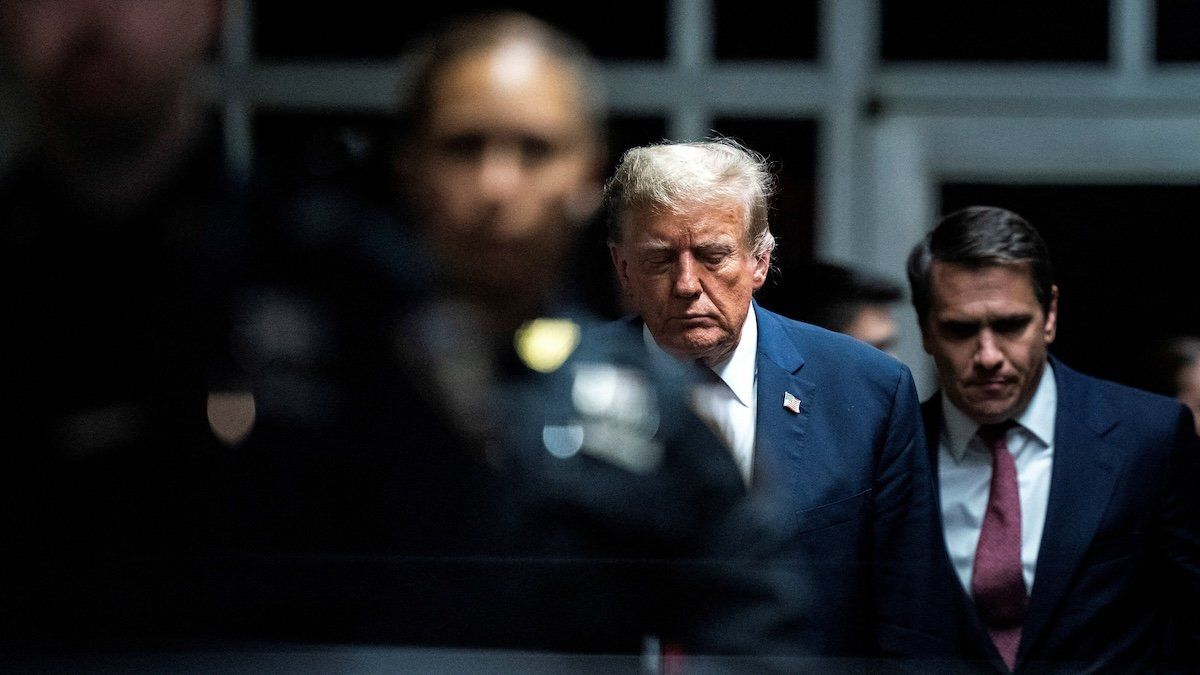On Tuesday, the Supreme Court will hear a case that could eliminate some of the federal charges Donald Trump is facing in the case accusing him of plotting to subvert the 2020 election and the prosections of the hundreds of rioters involved in the Jan. 6 attack. This comes just a day after jury selection began in the People of the State of New York v. Donald J. Trump, with dozens of potential jurors being excused after they told the judge they could not be impartial.
The high court judges will consider whether the Sarbanes-Oxley Act, enacted in the wake of the energy giant Enron’s collapse, can be used against Joseph W. Fischer, a former police officer who participated in the Capitol assault.
The law makes it a crime to obstruct, influence, or impede any official proceeding. It was enacted to prohibit the destruction of evidence, but in this case, it is being argued that by entering the Capitol, rioters like Fischer obstructed the counting of electoral ballots.
The law is involved in two of the federal charges against Trump in his election subversion case. If the Supreme Court rules that it does not apply to Fischer, Trump is almost certain to argue it does not apply to his conduct either.



















